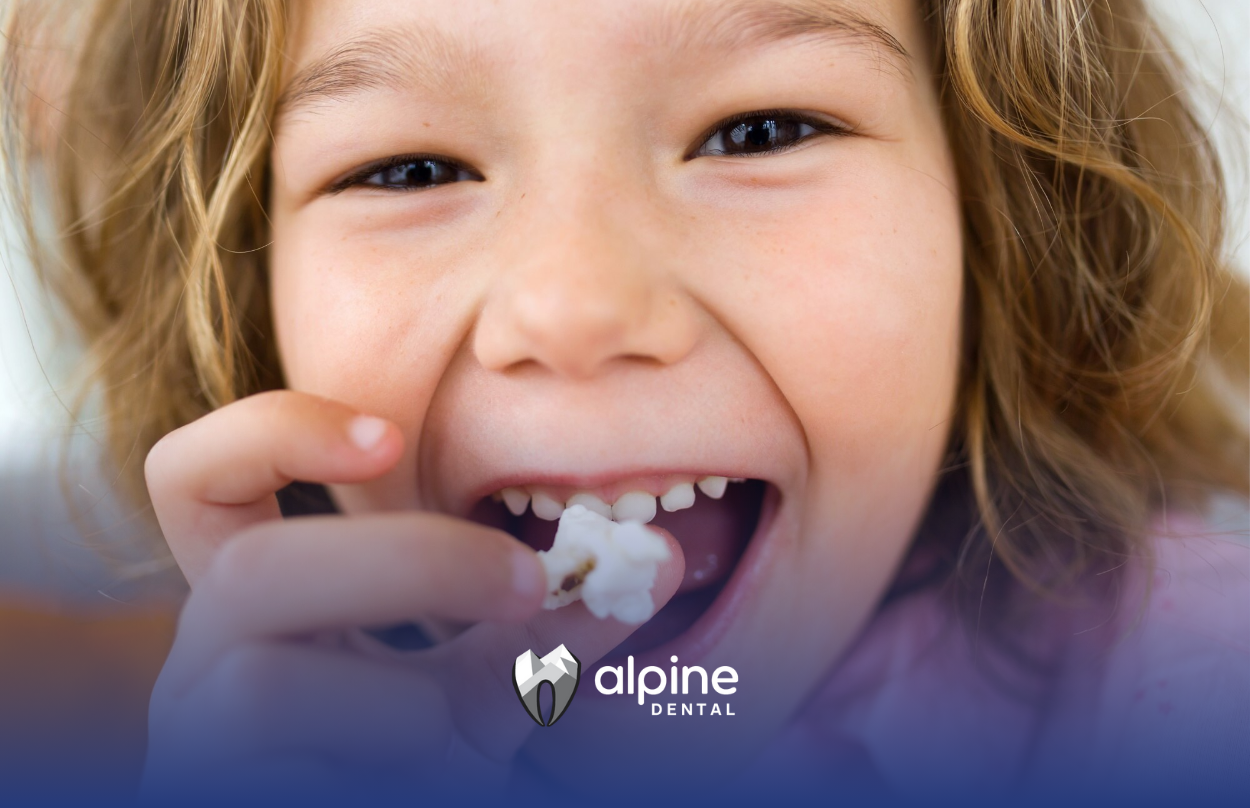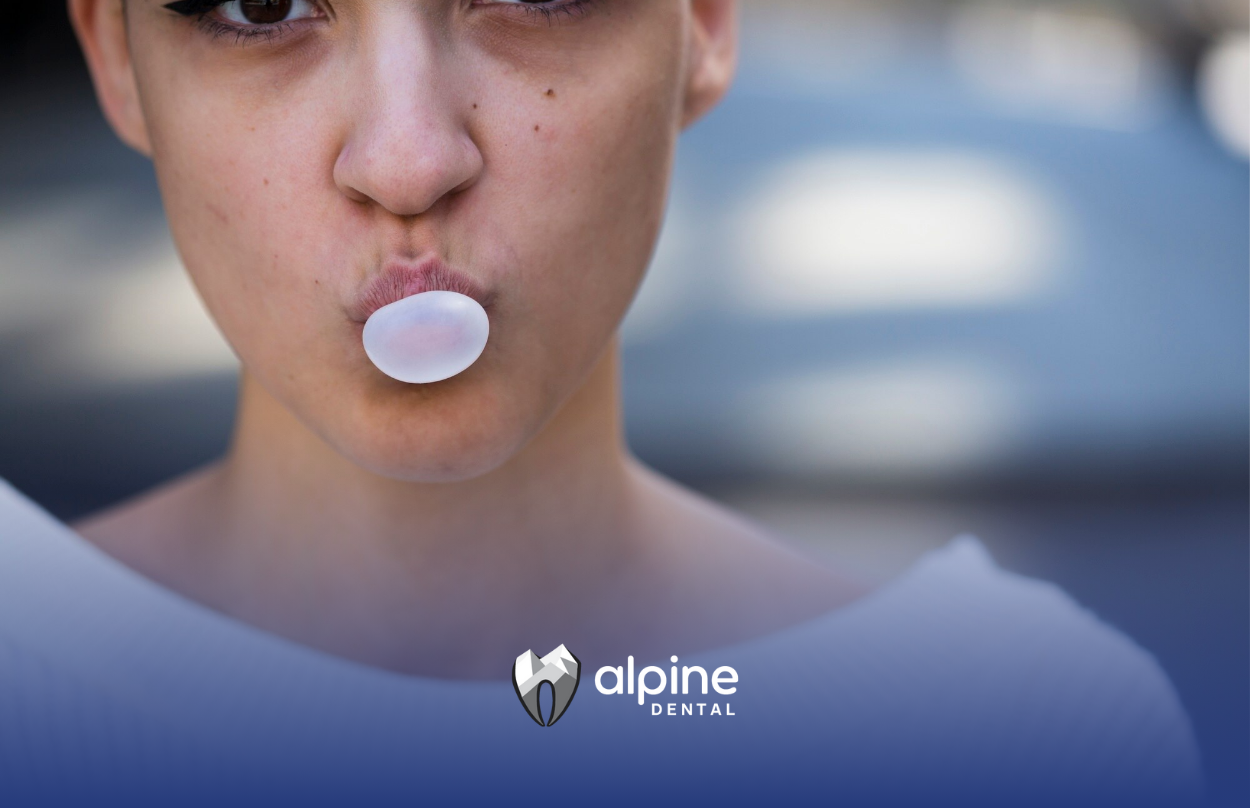What Is a Dental Trauma? Causes, Symptoms & Treatment
What Is a Dental Trauma?
Dental trauma is any injury to the teeth, gums, jawbone, or surrounding oral tissues. These injuries can range from minor chips to serious fractures, tooth loss, or soft tissue damage. Whether caused by sports accidents, falls, or biting something hard, dental trauma requires timely attention to prevent long-term complications.
In this guide, we'll explore what dental trauma is, what causes it, how to recognize symptoms, and what to do if you or a loved one experiences a dental emergency. Understanding dental trauma can help you act quickly and effectively, possibly saving a tooth—or even a smile.
What Is Considered Dental Trauma?
Dental trauma refers to physical injuries involving the oral cavity, including:
- Tooth fractures or chips
- Tooth displacement or avulsion (knocked-out tooth)
- Root fractures
- Jaw fractures
- Soft tissue injuries (gums, cheeks, lips, tongue)
- Tooth luxation (loose or moved teeth)
Dental trauma can affect both primary (baby) teeth and permanent teeth, with children, teens, and athletes particularly at risk.
Common Causes of Dental Trauma
1. Sports Injuries
Contact sports like football, hockey, basketball, or even recreational activities like skateboarding can lead to oral injuries. Mouthguards can significantly reduce the risk but aren't always used.
2. Accidents and Falls
Slipping, tripping, or falling from heights (e.g., stairs, bikes) can result in broken or dislodged teeth.
3. Motor Vehicle Accidents
Collisions can cause high-impact trauma to the jaw, teeth, and face, often requiring both dental and medical attention.
4. Physical Assault or Fights
Blows to the face during a fight or physical altercation can cause cracked teeth, broken jaws, or gum injuries.
5. Chewing Hard Foods or Objects
Biting on hard candy, ice, bones, or non-food objects (like pens) can crack or chip teeth, especially if the enamel is already weak.
6. Bruxism (Teeth Grinding)
Chronic grinding can gradually damage tooth structure and increase the risk of fractures.
Types of Dental Trauma
Dental injuries are classified into several categories depending on the affected area and severity.
1. Tooth Fracture
Cracks or breaks in a tooth can involve just the enamel, or extend into the dentin or pulp.
- Enamel Fracture: Superficial crack or chip
- Crown Fracture: Involves enamel and dentin
- Root Fracture: Extends below the gum line
- Split Tooth: Often caused by trauma or long-term grinding
2. Tooth Avulsion (Knocked-Out Tooth)
The complete displacement of a tooth from its socket. This is a true dental emergency that requires immediate attention. The faster a dentist reimplants the tooth, the better the chances of saving it.
3. Tooth Luxation (Displacement)
This includes:
- Extrusive Luxation: Tooth is partially pushed out
- Lateral Luxation: Tooth is displaced sideways
- Intrusive Luxation: Tooth is pushed into the socket
These injuries often damage the tooth's supporting structures and may affect blood supply to the pulp.
4. Soft Tissue Injuries
Cuts or lacerations to the gums, tongue, cheeks, or lips. These injuries may bleed heavily but can often be managed with careful cleaning and pressure.
5. Jaw Fractures
A break in the jawbone can cause pain, difficulty chewing, and misalignment of teeth. This typically requires surgical intervention and is often accompanied by facial swelling and bruising.
Signs and Symptoms of Dental Trauma
Depending on the type and severity of the injury, symptoms may include:
- Pain or sensitivity
- Visible chips or cracks
- Loose or missing teeth
- Swelling or bleeding of the gums
- Facial bruising or jaw discomfort
- Difficulty biting or chewing
- Numbness or tingling around the mouth
- Tooth discoloration (a sign of nerve damage)
Sometimes, the damage may not be obvious right away. Even if pain is minimal, it’s important to have any trauma evaluated by a dental professional.
How to Respond to Dental Trauma
Knowing what to do in the first few minutes after a dental injury can make a big difference in the outcome.
1. For a Knocked-Out Tooth (Avulsion):
- Pick up the tooth by the crown, not the root.
- Gently rinse the tooth with water—do not scrub.
- If possible, place the tooth back in the socket.
- If that’s not possible, store it in milk or saliva.
- Get to a dentist within 30–60 minutes.
2. For a Cracked or Broken Tooth:
- Rinse the mouth with warm water.
- Apply a cold compress to reduce swelling.
- Save any broken tooth fragments in milk.
- Avoid chewing on the injured side.
- See a dentist promptly.
3. For Soft Tissue Injuries:
- Apply clean gauze to control bleeding.
- Rinse gently with salt water.
- Use a cold compress to reduce swelling.
- Seek dental or medical care if bleeding doesn’t stop.
4. For Jaw Injuries:
- Immobilize the jaw.
- Apply ice packs.
- Seek emergency medical attention immediately.
Diagnosis and Treatment Options
A dentist will evaluate the extent of dental trauma using:
- A visual exam
- X-rays or imaging
- Mobility and nerve testing
Possible Treatments Include:
- Dental bonding or fillings for small chips or cracks
- Root canal therapy for pulp damage
- Crowns or veneers to restore structure and function
- Splinting to stabilize a loose or displaced tooth
- Tooth reimplantation for avulsed teeth
- Tooth extraction and replacement if the damage is beyond repair
- Oral surgery for jaw or severe soft tissue trauma
Timely care is essential to avoid complications like infection, abscesses, or long-term tooth loss.
How to Prevent Dental Trauma
While accidents are sometimes unavoidable, many dental injuries can be prevented with a few smart practices:
1. Wear a Mouthguard
Custom-fitted mouthguards are essential for anyone playing contact sports or engaging in high-risk activities.
2. Childproof Your Home
For young children, install safety gates, corner protectors, and non-slip rugs to reduce the risk of falls.
3. Avoid Using Teeth as Tools
Never use your teeth to open packages, bottles, or cut objects.
4. Treat Bruxism
If you grind your teeth at night, a nightguard can protect your teeth and reduce the risk of fractures.
5. Be Cautious With Hard Foods
Avoid chewing on ice, hard candies, popcorn kernels, or bones.
Long-Term Effects of Dental Trauma
If left untreated, dental trauma can lead to:
- Chronic pain
- Nerve damage
- Tooth discoloration
- Infection or abscess
- Premature tooth loss
- Bone loss in the jaw
- Changes in bite or facial appearance
Early intervention is key to minimizing long-term damage and preserving natural teeth whenever possible.
Psychological Impact of Dental Trauma
Dental trauma doesn't only affect the mouth—it can also impact mental and emotional well-being. Children or adults who experience noticeable changes in their smile may struggle with:
- Self-esteem issues
- Fear of future injuries
- Dental anxiety
This is why prompt, compassionate care is so important—not only for oral health but for overall confidence and quality of life.
When to See a Dentist
Seek dental care immediately if you or your child experiences:
- A knocked-out or loose tooth
- Bleeding that doesn’t stop
- Visible cracks or chips
- Jaw pain or misalignment
- Persistent toothache after an accident
Even if symptoms seem minor, an exam can rule out hidden issues and help protect your long-term oral health.
Final Thoughts
So, what is a dental trauma? It’s more than just a broken tooth—it’s any injury to the teeth, mouth, or jaw that can impact both function and appearance. While some dental injuries are unavoidable, many can be managed or prevented with prompt action, proper equipment, and regular dental visits.
If you’ve experienced dental trauma or have concerns about protecting your smile, the caring team at Alpine Dental is here to help. From emergency care to long-term restorative solutions, we’re committed to helping you recover with comfort and confidence.
Frequently Asked Questions
Can a chipped tooth heal on its own?
No, a chipped tooth will not grow back. While small chips may not cause pain, they can worsen over time or lead to sensitivity. It’s best to see a dentist for proper evaluation and treatment.
Is a knocked-out baby tooth considered a dental emergency?
Yes, even though baby teeth eventually fall out, a knocked-out tooth can affect the spacing and development of permanent teeth. Contact a dentist right away for guidance.
How long do you have to save a knocked-out adult tooth?
The best chance for saving a knocked-out adult tooth is within 30 to 60 minutes. Keep the tooth moist (in milk or saliva) and get to a dentist as soon as possible.
Sources:
- https://www.mayoclinic.org/diseases-conditions/bruxism/symptoms-causes/syc-20356095
- https://my.clevelandclinic.org/health/diseases/21770-tooth-luxation
- https://www.ncbi.nlm.nih.gov/books/NBK539876/
- https://pmc.ncbi.nlm.nih.gov/articles/PMC4482297/
- https://www.sciencedirect.com/science/article/pii/S1008127523000457




